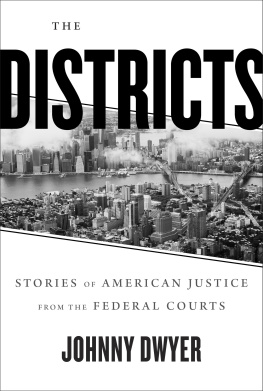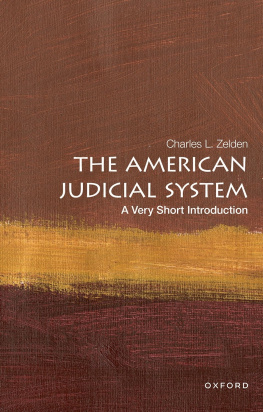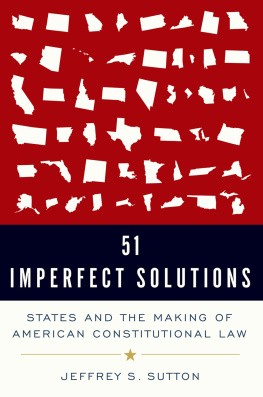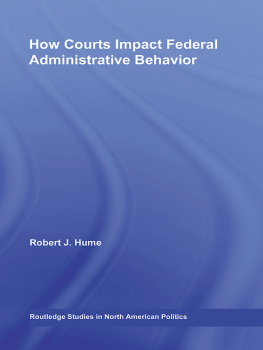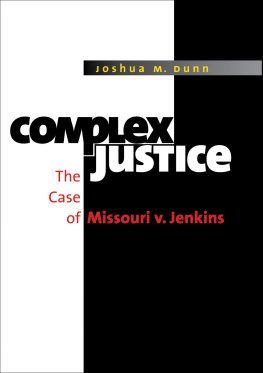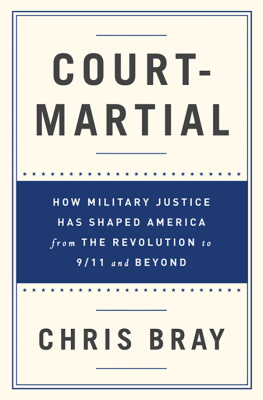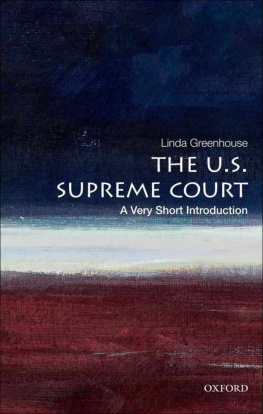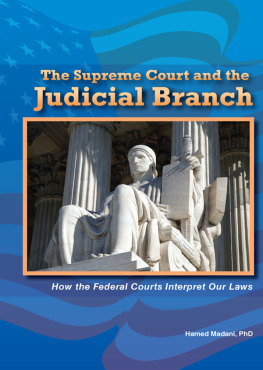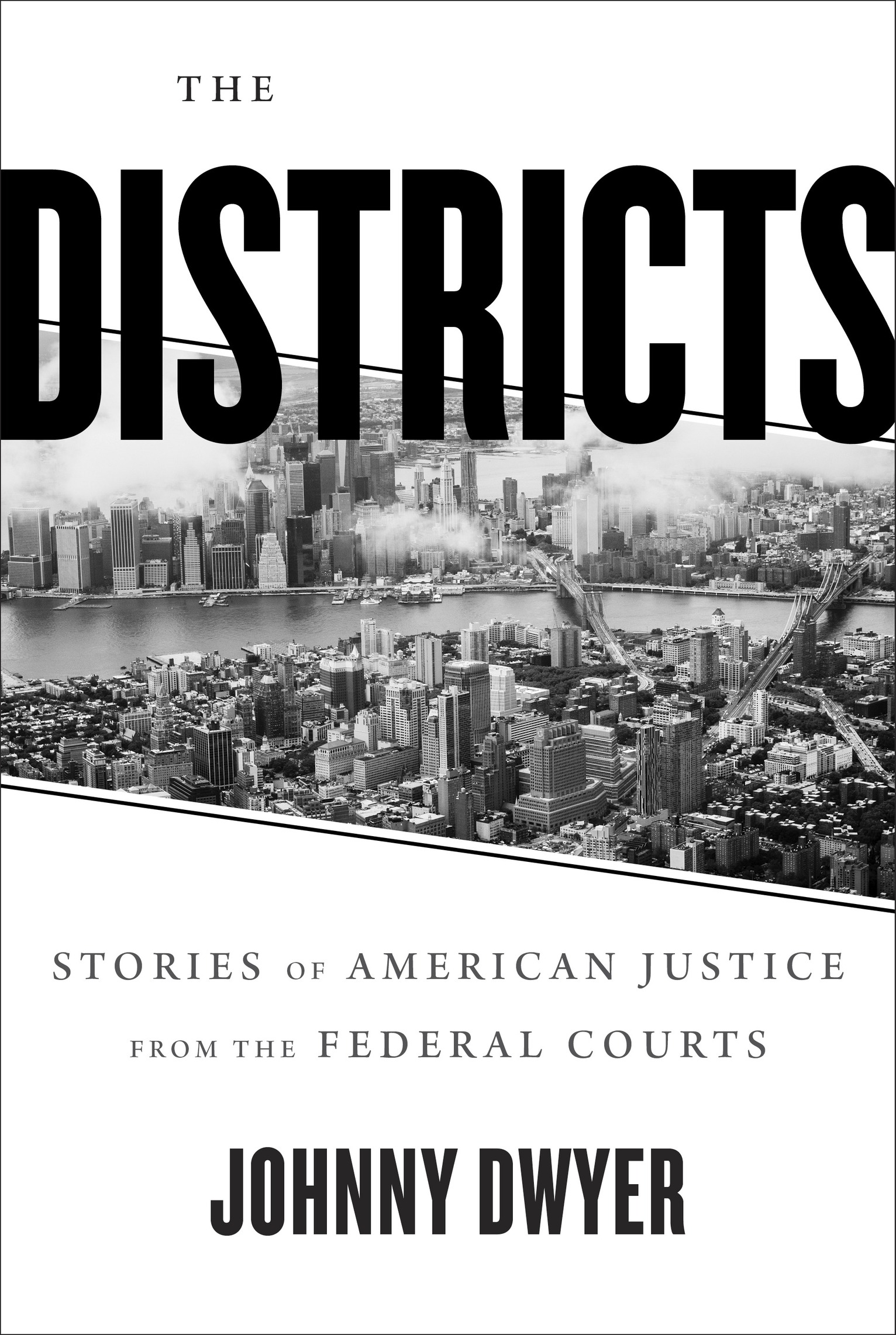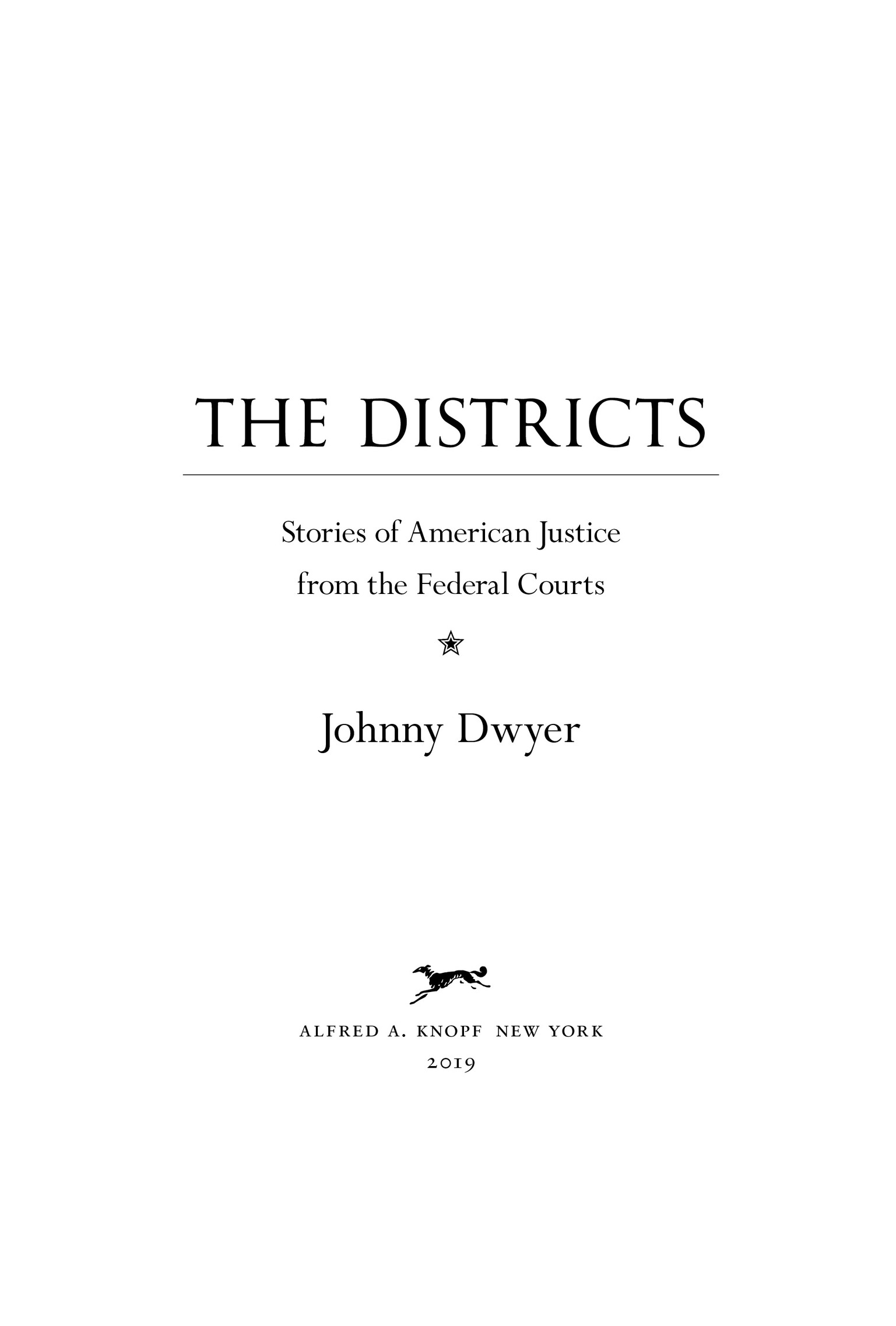ALSO BY JOHNNY DWYER
American Warlord
THIS IS A BORZOI BOOK
PUBLISHED BY ALFRED A. KNOPF
Copyright 2019 by Johnny Dwyer
All rights reserved. Published in the United States by Alfred A. Knopf, a division of Penguin Random House LLC, New York, and distributed in Canada by Penguin Random House Canada Limited, Toronto.
www.aaknopf.com
Knopf, Borzoi Books, and the colophon are registered trademarks of Penguin Random House LLC.
Library of Congress Cataloging-in-Publication Data
Names: Dwyer, Johnny, author.
Title: The districts : stories of American justice from the federal courts / Johnny Dwyer.
Description: New York : Knopf, 2019.
Identifiers: LCCN 2019003945 (print) | LCCN 2019005226 (ebook) |
ISBN 9781101946558 (ebook) | ISBN 9781101946541 (hardback)
Subjects: LCSH : District courtsNew York (State)New York. | Criminal justice, Administration ofNew York (State)New York. | United States. District Court (New York : Eastern District). | United States. District Court (New York : Southern District). | BISAC : POLITICAL SCIENCE / Political Freedom & Security / Law Enforcement. | LAW / Criminal Law / General. | POLITICAL SCIENCE / Government / Judicial Branch.
Classification: LCC KF 8755. N 85 (ebook) | LCC KF 8755. N 85 D 87 2019 (print) | DC 347.73/22097471dc23
LC record available at https://lccn.loc.gov/2019003945
Ebook ISBN9781101946558
Cover photograph by Ferrantraite / E+ / Getty Images
Cover design by John Vorhees
v5.4
ep
For Sarah
Justice is merely incidental to law and order.
J. EDGAR HOOVER
Contents
Prologue
December 12, 2018
Two helicopters hung in the gray sky above the federal courthouse. On the street below, a crowd of several dozen cameramen wrapped in weatherproof winter gear trained their lenses on the doorway, awaiting the appearance of the defendant. Upstairs on the twentieth floor of the Daniel Patrick Moynihan United States Courthouseknown as Pearl Street for its address along the edges of Manhattans Chinatownthe security was light. A team of guards acted, instead, as ushers leading reporters, the public, and family members of the man to be sentenced to their respective rows. The crowd waited quietly for the hearing to begin.
The defense attorneys arrived first, passing wordlessly through the gallery, past the bar, before taking their seats at their table facing the judges bench. The government followed. On this morning, two sets of federal prosecutors represented the Department of Justice. One team had traveled from Washington, where the attorneys had been working for the Special Counsels Office under the former FBI director Robert Mueller. The other had walked several hundred yards from the U.S. Attorneys Office for the Southern District of New York. When the defendant stepped through the courtrooms door, he held his daughter by the arm as she hobbled toward her seat on a crutch.
Michael Cohen appeared before the courtin many sensesas a typical white-collar defendant in the Southern District. He was a white man, in his early fifties, who had amassed a fortune on the margins of the business world. He wore the mien of legitimacy; he was a licensed attorney who also ran a multimillion-dollar taxi medallion business. When federal investigators pulled apart his conduct in both roles, a pattern of fraud and deceit emerged. This provided sufficient basis to charge him with a range of federal offenses. And when the moment of accountability had arrived, Cohen did what is perhaps most typical of white-collar defendants in this district: he pleaded guilty.
But Cohen was unlike any other defendant to enter that courthouse. He, by his own admission, had committed crimes at the direction of the president of the United States. This days sentencing covered two sets of criminal charges brought by the Southern District related to these crimes, one a single count brought by the Special Counsels Office charging him with lying to Congress, the other an eight-count criminal information including charges of tax evasion, illegal campaign contributions, and making false statements to a financial institution. The FBI had kicked off the investigation by executing a search warrant on Cohens offices, hotel room, and phones nearly eight months earlier. The seizure of an attorneys files was aggressive, but not unheard of in the Southern District. The move by the government immediately prompted litigationand a cartoonish courtroom showdown drawing the dramatis personae of the Trump affair, including the porn performer Stormy Daniels and her attorney Michael Avenatti. In August, when Cohen allocuted to the presidents involvement in the attempt to cover up trysts with Daniels and the Playboy playmate Karen McDougal, the admission was sordid and disappointing, though not surprising. Yet, in late November, Cohen made a further confession to the court: he had lied to Congress about the presidents business interests in Russia and contact with the Russian government. At his sentencing, Cohen gave no details on this but offered something of a plea and a warning.
History will not remember me as the villain of his story, he said.
As much as Cohen played a part in a national drama, his case was a local affair. The prosecutors and defense attorneys watching this remarkable moment shared something beyond the experience litigating this case. Nearly every attorney in the courtroom worked as an Assistant U.S. Attorney in the Southern District of New York. Cohens defense counsel, Guy Petrillo, had served as the chief of the Criminal Division, one of the offices ranking titles, reporting directly to the U.S. Attorney. Petrillos associate, Amy Lester, prosecuted cases in the Southern District for nine years, including a tenure on the offices most prestigious criminal team, the Securities and Commodities Fraud unit. Prior to that, she clerked for a Southern District judge, Loretta Preska. The second seat for the Special Counsels Office, Andrew Goldstein, ran the Southern Districts Public Corruption unit in the months prior to joining the Mueller investigation. The judge, the lead special counsel prosecutor, and her junior associate were exceptional in that they were the only attorneys there who had not come through Manhattans U.S. Attorneys Office. Cohens case demonstrated that the Southern District is a place where tradition demands independence, whether that means pushing back against officials at the Department of Justice in Washington orif the situation requires itthe president.
Several years earlier, I had my first direct experience with this power. It was on another grim December morning when I was summoned to the U.S. Attorneys Office for the Southern District of New York. The office sits at the edge of what was once the Five Points slum. Now it is known as Foley Square, the concourse of city, state, and federal buildings clustered north of city hall. The building doesnt look like much: a 1970s-era Brutalist block of sand-colored brick wedged between St. Andrews church, a 172-year-old Catholic parish, and One Police Plaza, with a view cut off by the rear windows of the Manhattan borough presidents office. If Manhattan could be said to have a utility closet, this was it.
The locations remove and its unremarkable facade suggest none of the history here. In 1789, George Washington nominated the first U.S. Attorney for New York, who, within a few short months, began prosecuting cases in what would become known as the Southern District. The first courthouse sat in the Royal Exchange at Broad and Water Streets at Manhattans southern tip, before migrating to Wall Streets Federal Hall and, later, the Old Post Office building, finally settling in Foley Square in 1936. Throughout this history, the Southern District has served as a bellwether for political and cultural shifts in the nation, a place where at times hysteria has fueled injustice and at others humility and vision have laid foundations for future generations. Southern District prosecutors sought and won the death penalty in the Rosenberg case. They sued to have copies of

